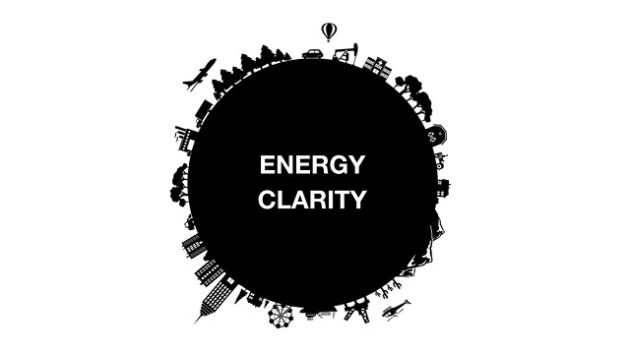Energy Policy
In the next few columns, we’re going to be talking about energy policy.
In previous columns, we concluded that fossil fuels are a moral form of energy that should be expanded, not restricted. But, there’s one qualifier. We can say there are moral forms of energy, but it’s only moral to use them if they are being used the right way.
Minimizing misuse
Like any technology, fossil fuels can be misused. Part of ensuring the proper use of fossil fuels involves every company doing its best to be ethical and having a major emphasis on safety.
By the same token, consumers of fossil fuels need to be responsible—for example, performing regular maintenance on their heating systems and vehicles. Everybody has a part in making sure that all forms of energy are used as safely as possible. But that’s not enough.
Once we’ve concluded that fossil fuel energy is a fundamentally good technology when used in a beneficial way, we need to have the right kinds of laws in place to ensure that it is used in a beneficial way.
The three energy freedoms
One of the major things we need is proper policy to protect us from companies endangering neighbors, whether through explosions, spills, or dangerous emissions like smog.
But we also need policy to protect companies, and more broadly to protect production, from people who want to stop it. Imagine you’re running a company that’s trying to drill for oil and somebody who doesn’t like oil tries to sabotage your rigs. That can cause you to lose millions and millions of dollars. The government needs to protect every producer from people who try to sabotage them—whether it’s direct sabotage or getting the government to sabotage projects they don’t like. Having policies that restrict our ability to develop is a major threat to progress. And less progress means less prosperity.
Finally, we need policy to protect innovation. We want the energy market to evolve over time, but with the wrong policies it is very easy for special interests to stop innovation. One thing fundamental to innovation is competition. It’s important that we be free to choose the best kinds of energy—that we be free to choose fossil fuels when they’re the best form, but also others when they’re the best. Often, however, companies will want to suppress competition. But if we care about human flourishing, what we need are policies that protect everyone who’s not endangering others to compete.
We can think of policy, then, in terms of three crucial freedoms:
We’ll be discussing each of these freedoms in more depth.




Leave a Reply
Want to join the discussion?Feel free to contribute!